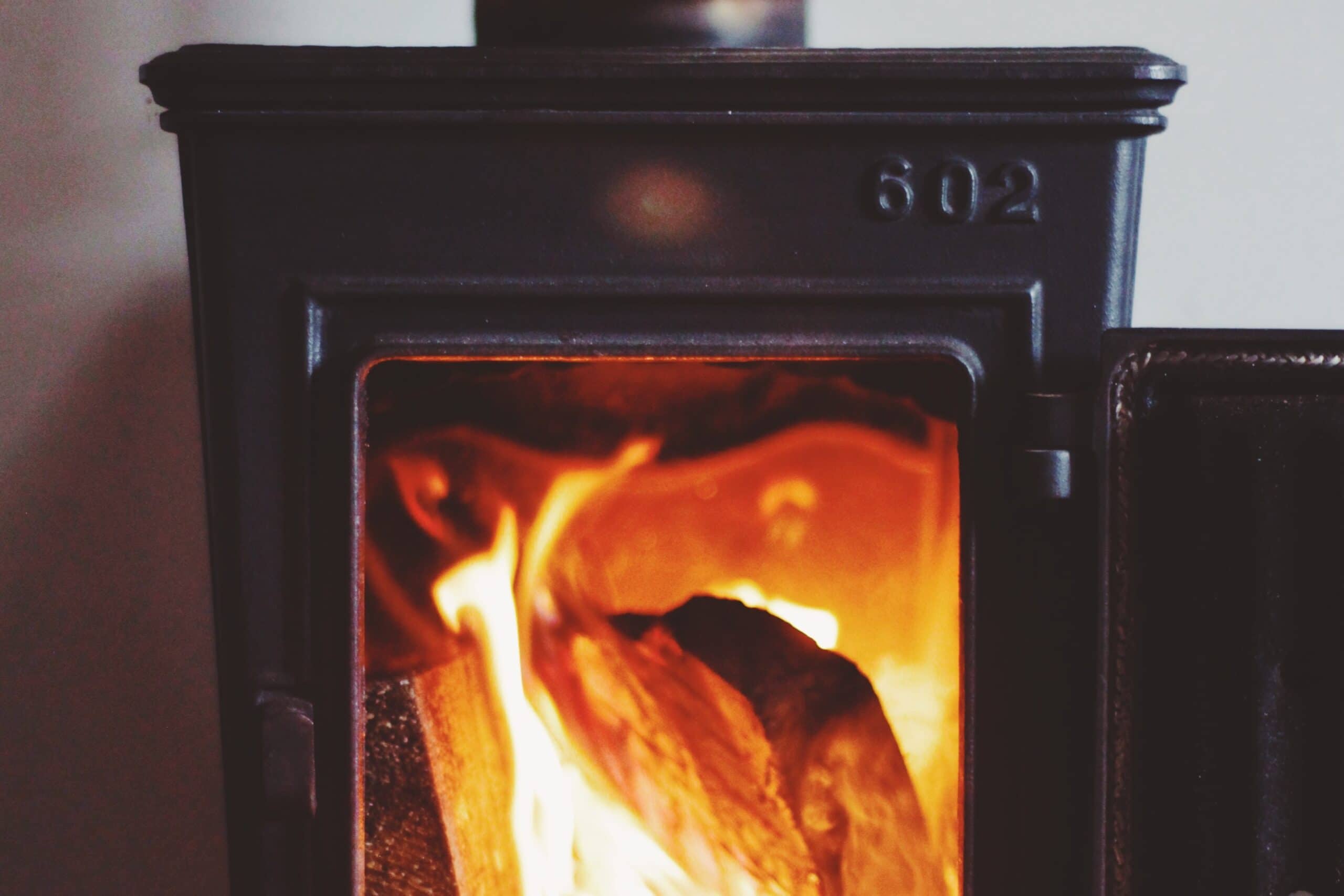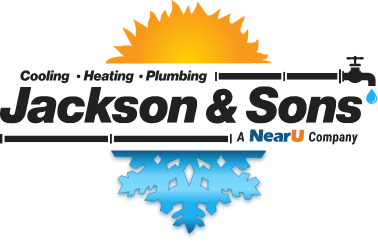
Modern furnaces are designed to be durable and long-lasting. Obviously, things can, and do, go wrong over time, though. And no words from an HVAC tech are likely to put as much dread in our hearts as when we hear that the furnace repair involves the heat exchanger.
Referred to as the “heart” of the combustion-powered furnace, the heat exchanger is the part most crucial to producing warmth in your home. It can develop cracks and holes as the years go by, leading to the leaking of dangerous gases and the need to replace the part or even replace the furnace.
Here’s some information on how the heat exchanger works, and how to keep yours in good running order:
How Heat Exchangers Work
Heat exchangers consist of two parts: the sealed off combustion chamber, where the burners — powered by oil, propane or natural gas — produce the heat, and the air flow section, where a fan or blower produces air that blows against the heated walls of the exchanger. The air is shunted into the ductwork, and distributed in the home.
How Heat Exchangers Can Fail
As the metal heats and cools, hairline cracks can appear, allowing gases such as carbon monoxide to leak into the home. Also, moisture from the gas can condense on the metal, causing corrosion, rust and holes — which can also leak gases or even cause a fire hazard.
Poor installation and lack of regular maintenance tune ups can hasten the development of cracks and rust.
How to Limit these Effects
Regular maintenance tune ups can detect the following:
- Poor air flow. This can be caused by closed-off vents, dirty filters or an oversized furnace, all of which make the system work harder. Poor air flow may make the system burn hotter, leading to cracks.
- Burners not firing properly. When this happens, temperatures are hotter, and cracks can occur.
- High gas pressure. This causes overheating.
An HVAC tech will use a telescoping camera to look for cracks, which, even if they are minute, will worsen over time. To learn more about your heat exchanger, contact Jackson and Sons of eastern North Carolina.
Jackson & Sons, Inc.
Our goal is to help educate our customers in Eastern North Carolina (including Wayne, Johnston, Greene, Lenoir, Pitt and Duplin Counties) about energy and home comfort issues (specific to HVAC systems).
Credit/Copyright Attribution: “unsplash_Lui Peng”

